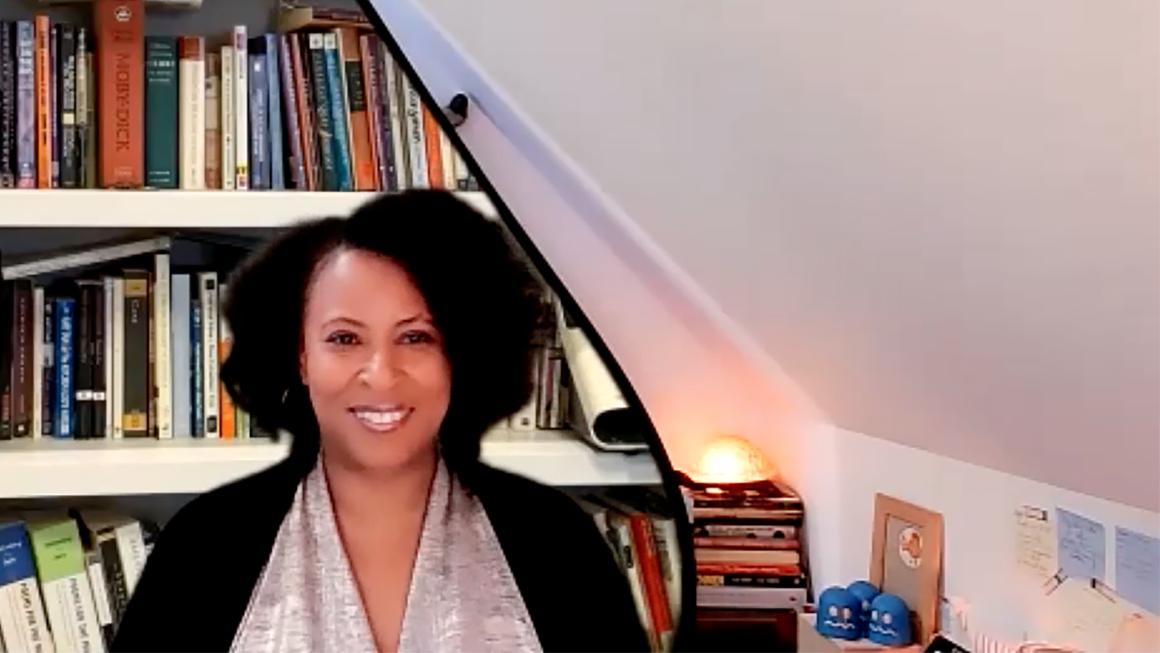Marisa Parham Named Chair of New Commission on Fostering and Sustaining Diverse Digital Scholarship
January 31, 2022

The project builds on a grant from the National Endowment for the Humanities for research on the sustainability of digital humanities projects.
The American Council of Learned Societies has announced the formation of the Commission on Fostering and Sustaining Diverse Digital Scholarship, with support from The Andrew W. Mellon Foundation. The project builds on a grant from the National Endowment for the Humanities for research on the sustainability of digital humanities projects.
Professor Marisa Parham has been named Chair of the Commission. She serves as director of the African American Digital Humanities Initiative (housed in the University of Maryland, College Park), is the associate director for the Maryland Institute for Technology in the Humanities, and co-directs the Immersive Realities Lab for the Humanities, an independent workgroup for digital and experimental humanities.
The Commission will study questions of equitable access in the creation of and access to digital resources and projects related to social and racial justice. This assembly of leading scholars, librarians, archivists, publishers, and university leaders will also address challenges associated with the infrastructure and organizational models for the development of and public access to this work. The Commission’s investigations should provide insights that advance approaches to access and sustainability for digital humanities resources more generally. Through a series of roundtables, working papers, and community feedback engagements, the Commission will produce a report with sector-wide recommendations for strengthening the opportunity structure for digital humanities projects that support new directions in scholarship and improve public access to knowledge.
Upon reflecting on the necessity of the work of this Commission, Parham noted, “Here is where we are: from across a wide range of institutions, local sites, activist organizations, and more, communities have repeatedly demonstrated their commitment to using digital methods to excavate, curate, and share various kinds of digital heritage. Whether the presentation of that heritage be an interactive timeline, a database, a new media project, or otherwise, it is the work of this commission to ask scholars, librarians, and communities a series of difficult questions: How and where does this work flourish? Who or what falls out of our various equations? How will we make our projects last? How do we continue to cultivate or preserve our objects? And what is especially at stake in this for work seeded in historically marginalized or emergent communities?”
Learn more about the Commission on Fostering and Sustaining Diverse Digital Scholarship.

